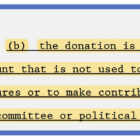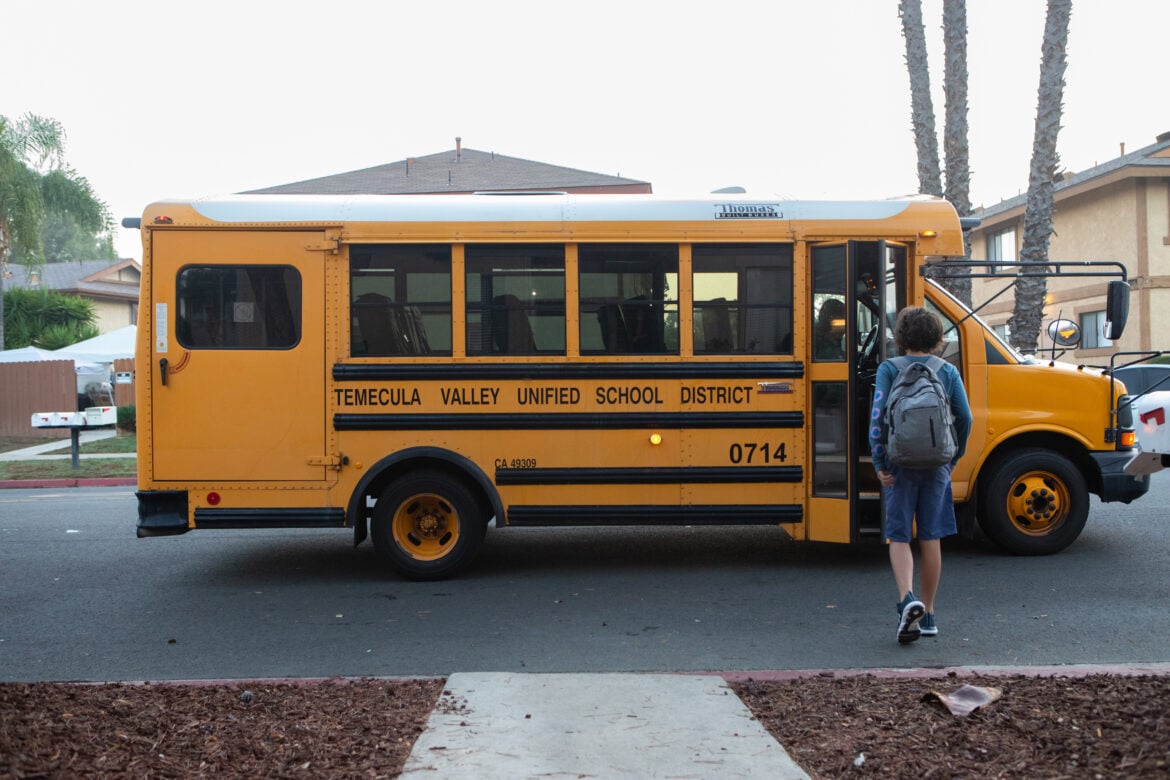Health
Lawmakers tackled New Mexico’s crisis of rural health care workers. It wasn’t enough.
|
As the crow flies, the Pojoaque Primary Care Center is about 20 miles from New Mexico’s 400-plus-year-old capital, Santa Fe, with its art galleries, well-known opera and tourist destinations. But it’s 45 minutes by car from Dr. Mario Pacheco’s home on Santa Fe’s south side.
With roots in a small northern New Mexico town himself, Pacheco makes the drive from Santa Fe to serve a rural clientele that largely comes from northern Hispanic communities in the greater Pojoaque Valley. “I’m serving patients that I could really see as being my uncle or my aunt or my dad or my mom,” he said. “These are people who can relate to me and I can relate to them.”
New Mexico has a severe shortage of healthcare workers like Pacheco, particularly in the state’s rural and frontier areas, where a third of the state’s 2.1 million people live. Lawmakers and the governor invested millions to close the gap earlier this year, but advocates say it’s not enough. “We don’t have enough doctors anywhere in New Mexico, but especially in rural New Mexico,” Pacheco said.
The challenge is large: in July the state was short 1,000 physicians and almost 7,000 nurses, according to published job announcements around the state.
And the need is only expected to grow as baby boomers retire and strain the already-overburdened system, without a guarantee that a new generation will replace retiring medical professionals. Every state is confronting too few medical professionals.









